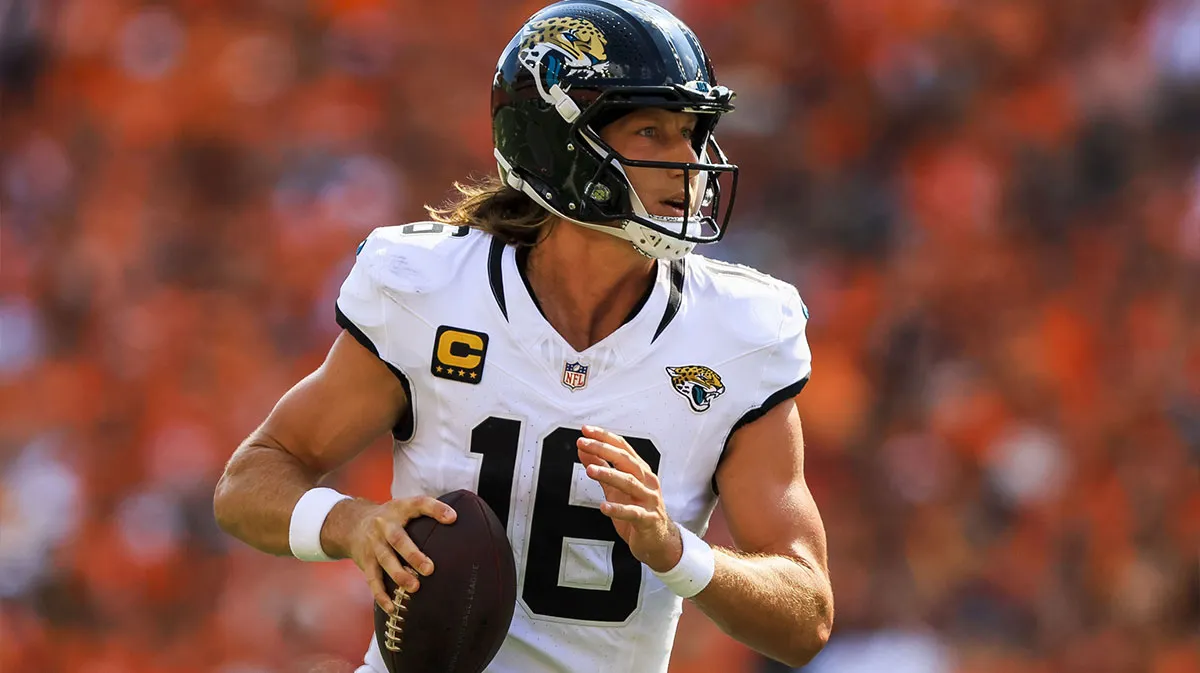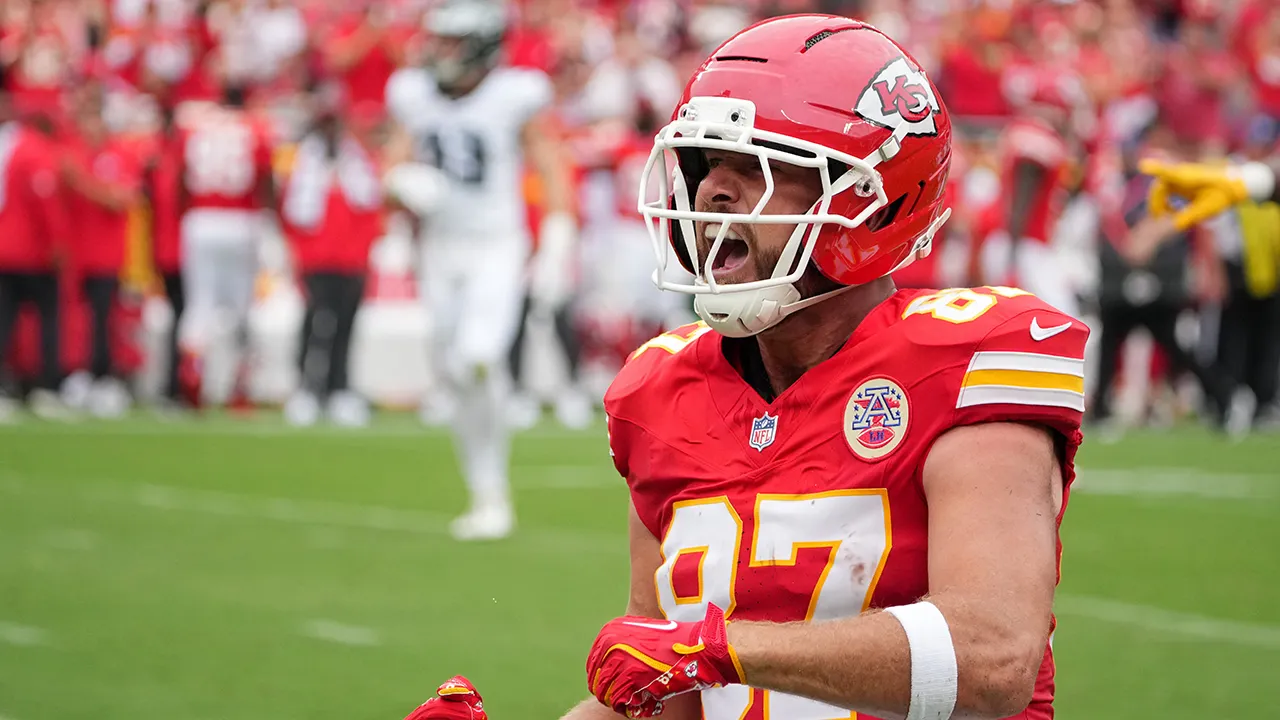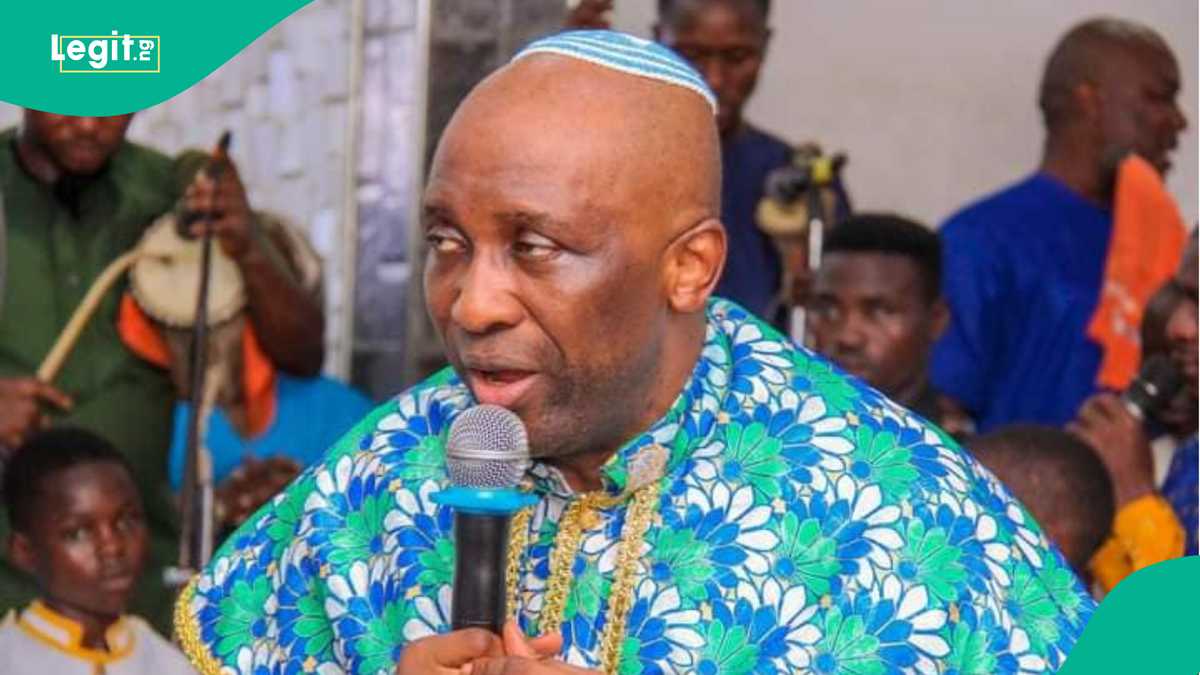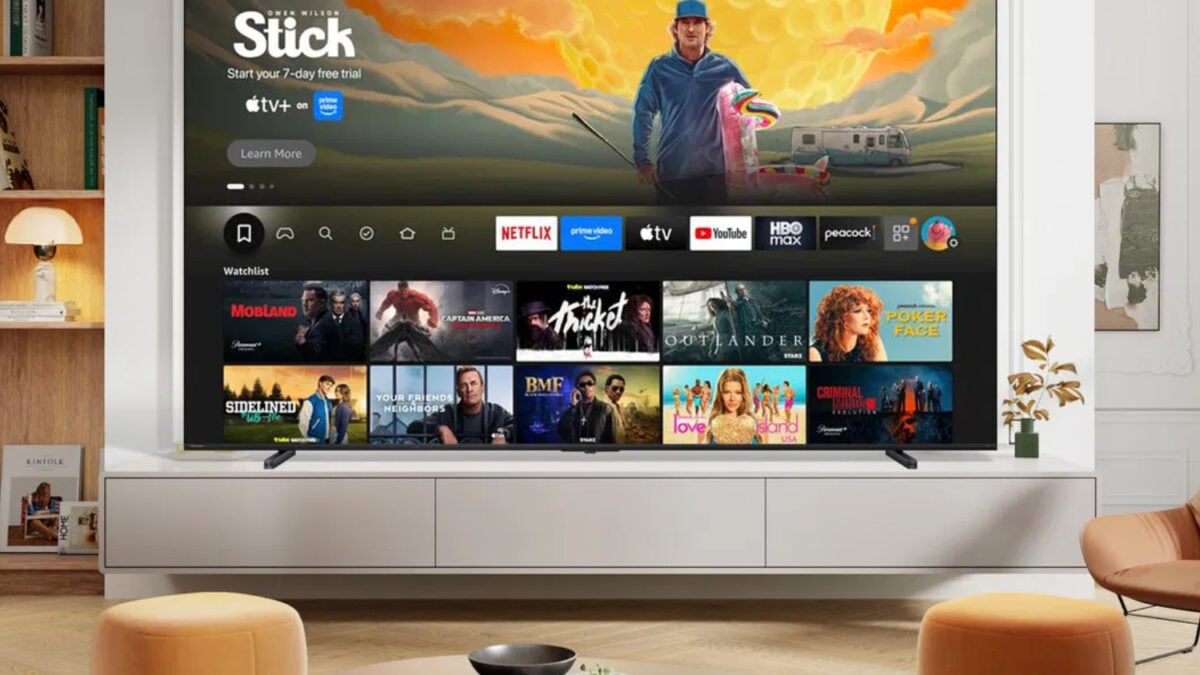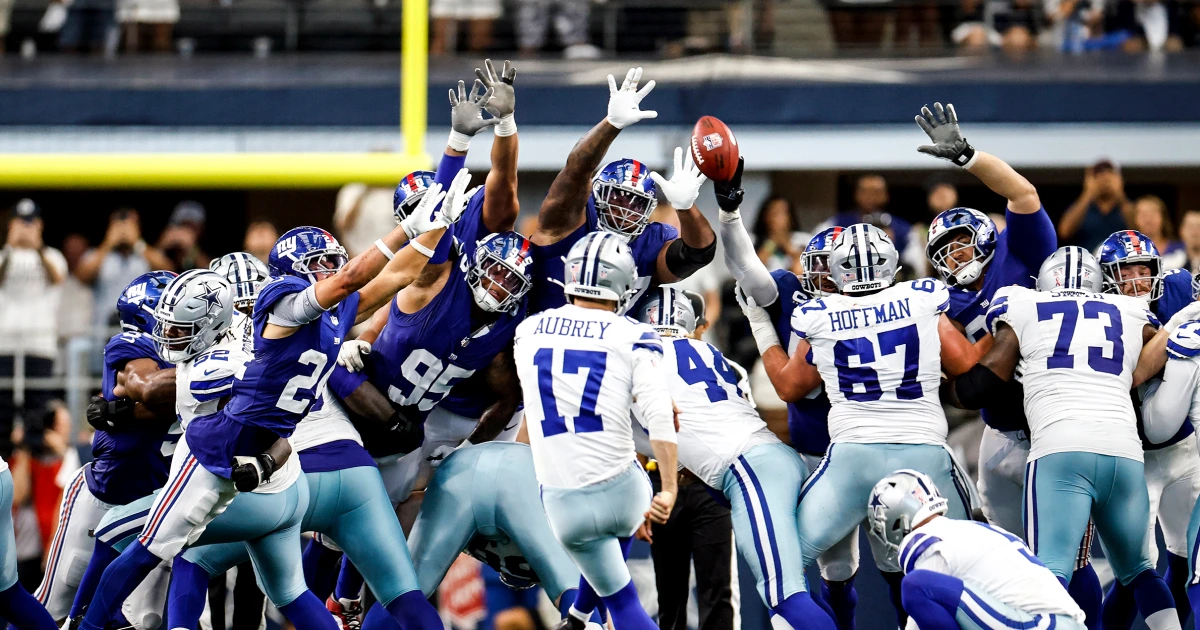
New York Giants coach Brian Daboll took virtually no heat from football peers this past week after his first-of-its-kind strategy call ended in a heartbreaking Big Blue loss.
The Giants elected to play defense to start overtime against the Dallas Cowboys on Sunday, kicking off a new debate about how to attack pro football’s newly formatted 61st minute of play.
This NFL regular season is the first where both sides are required to have the ball at least once if they are tied after four quarters. And if the score is still tied after one turn each on offense, then it’s sudden death.
“I would take the ball, at least that’s what the current evidence suggests,” Ron Yurko, director of the Carnegie Mellon Sports Analytics Center, told NBC News this week. “It’s still an advantage to take the ball at the start. It’s a smaller advantage than it was [in previous sudden death rules], but it’s still an advantage.”
This new regular-season guideline largely matches the NFL’s playoff format, which has been in place since 2022.
The only difference between playoff and regular-season rules is that the latter must end after 10 minutes, opening the door for ties. In postseason play, of course, a winner must advance, no matter how long it takes.
Before Daboll’s decision in Texas on Sunday, the most high-profile kick-or-receive decision fell on the shoulders of San Francisco 49ers coach Kyle Shanahan, who took the opposite approach in the 2024 Super Bowl.
These divergent paths have fueled advocates for competing offense-first or go-on-D philosophies.
Shanahan’s 49ers kicked a field goal to start overtime against the Kansas City Chiefs, who responded with a game-ending touchdown. Shanahan’s critics blamed him for giving Kansas City, and dynamic quarterback Patrick Mahomes, a possession where the Chiefs knew exactly how many points they needed to win.
Fast-forward 19 months to Arlington, as Daboll’s choice to kick meant that Dallas would have at least as many overtime possessions as the Giants, if not more. That edge proved decisive as the Cowboys hit a walk-off field goal on their third possession of extra time.
Despite Daboll’s ill-fated choice, NBC Sports football analyst Chris Simms said he expects most coaches to pick defense in extra time.
“I would think that more times than not, right now, with the current status, that teams are going to play, ‘Let’s kick the ball so we know what we need, and then we have fourth down at our disposal. That makes us that much more dangerous, when you get the ball second.’” Simms told the “Pro Football Talk” podcast this week
“I would think that’s the way it’s going to go more times than not,” he added.
And even before New York lost on Sunday, Fox Sports analyst Greg Olsen effusively praised the Giants for sending their defense out there first.
“You want to know whether or not you’re in fourth-down territory on offense the entire drive,” Olsen said. “‘Am I in field goal mode? Am I in touchdown mode?’ So the obvious choice you make is Dallas gets the ball first.”
Yurko wondered if Shanahan’s decision might have an outsized impact on coaches in 2025.
“I just thought it was a terrible decision,” Yurko said of Daboll’s choice to kick off to start overtime. “There was the discussion after the [2024] Super Bowl where the Chiefs said, ‘We wanted the ball second.’ I think there’s been an overreaction to one big game. One game is (incorrectly) making this decision [by Shanahan to take the ball] look like a failure.”
Barring extraordinary game situations, Yurko said taking the ball in overtime is the only reasonable choice.
“You still want to start with the ball due to the simple fact that if the game’s tied after two possessions, it becomes sudden death,” he said. “It means if you get that first possession, you’re always going to have that advantage.”
While Yurko opts for offense first, he agreed that some game-specific decisions could make kicking more appealing, such as if defenses are overwhelmingly dominant or if the coin flip winner has a key offensive player in need of a break to recover.
The NFL last year radically altered kickoff formations, which teams are still trying to figure out. Yurko said he expects an NFL team to innovate new kickoff schemes that could consistently pin back receivers.
“I don’t know yet what implications there are with the [new] kickoff rule. Are we going to see some really strategic kicks in the landing zone that’d force a short return?” he said.
“If you know you can pin them back near their own end zone, get them to punt and get great field position, then it could be worth kicking.”
